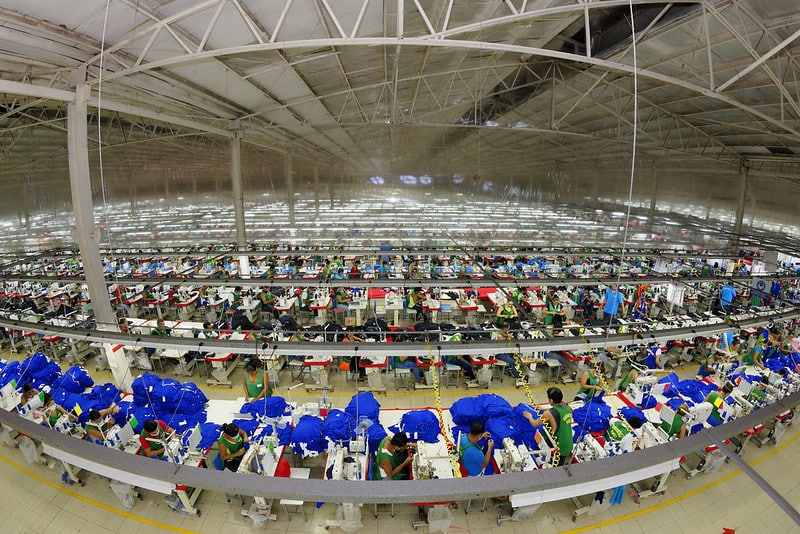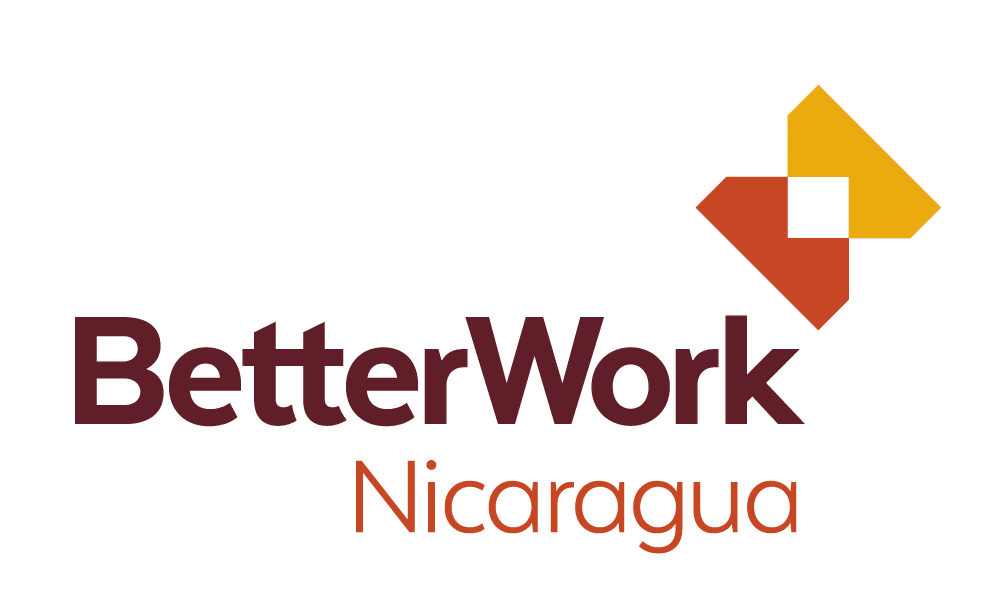Better Work Nicaragua
In operation since 2010, Better Work Nicaragua aims to improve the working conditions and competitiveness of Nicaragua’s garment industry.
Better Work Nicaragua has contributed to significant progress of the compliance performance of the garment industry through a combination of advisory services, training, and industry seminars between compliance assessments.
The programme has expanded opportunities for decent work on the factory floor as well as strengthened public policies, institutions and practices at the national level. As part of its commitment to addressing discrimination, particularly based on gender, the programme has embedded gender equality throughout its operations. There is strong evidence highlighting that factories make improvements as they become more mature in their participation in the programme, as evidenced by declining non-compliance with ILO labour standards and national labour law in the areas of contracts, occupational safety and health and working time.
Our partners in Nicaragua
Better Work Nicaragua works closely with our parent organizations – the International Labour Organization and the International Finance Corporation, a member of the World Bank Group – as well as different stakeholders on a national level.
Our Project Advisory Committee (PAC) gathers different national stakeholders to find solutions and bring improvements the garment industry. The PAC provides strategic advice on the directions of the programme, reviews progress on implementation, and serves as a platform for engagement among stakeholders on key industry issues through biannual meetings. This committee is comprised of representatives from the government of Nicaragua, of employers’ associations and of the trade unions.

Some our partners in improving working conditions in the garment industry and boost competitiveness of the sector are:
Government
Better Work Nicaragua has worked closely with the Nicaraguan government since its inception; collaborating, along with the ILO, to strengthen the labour inspectorate, reform laws and strengthen industrial relations and social protection systems. Such reforms often have a spill-over effect beyond the garment export sector.
During the past few years Better Work and the Government of Nicaragua have been working together and creating new alliances to strengthen their relationship. The programme’s success has seen the government take steps to collaborate with the ILO and the United States Department of Labour (USDOL) to extend the mandate beyond its current period.
Workers & Unions
We work with unions and directly with workers to help realize their rights on the factory floor and find ways to boost their skills so that they can engage in productive discussions and negotiate with employers.
In 2016 BWN launched two capacity-building programs, on gender and on communications, for the Trade Union Confederations of the Project Advisory Committee. The programme, which will offer academic certificates for those who complete the requirements, was delivered by the Paulo Freire University. Seventy per cent of the courses participants were women.
Factories and manufacturers
Factory enterprises are key partners in our efforts to create better conditions for garment workers in a way that also boosts business performance. We believe that effective cooperation and mutual trust between employers and their workers not only leads to better working conditions but also better results for business.
See which garment factories in Nicaragua are part of Better Work
Brands and retailers
Our brands, retailers and intermediaries are industry leaders in the movement to reimagine the global supply chain, where workers’ rights are realised and businesses gain a competitive advantage to grow.
Brands and retailers whom are BWN partners commit to coordinate efforts in order to maximize impact, for example by reducing duplicate audits and by supporting the improvement efforts of suppliers in a manner that is complementary and reinforcing of BWN’s assistance to factories. In addition to having access to BWN assessment reports, our partners have regular interactions with BWN and the global Better Work programme to discuss industry developments and factory-level issues.
Learn more about benefits for registered brands, retailers and intermediaries
Development partners
Our work is funded through a combination of private sector fees for our services and grants from donors. We work closely with development partners to understand specific interests and goals and help to advance these goals through Better Work’s efforts. Development partners are actively engaged in our programme and are key partners in the development of strategies to improve the garment sector supply chains.
